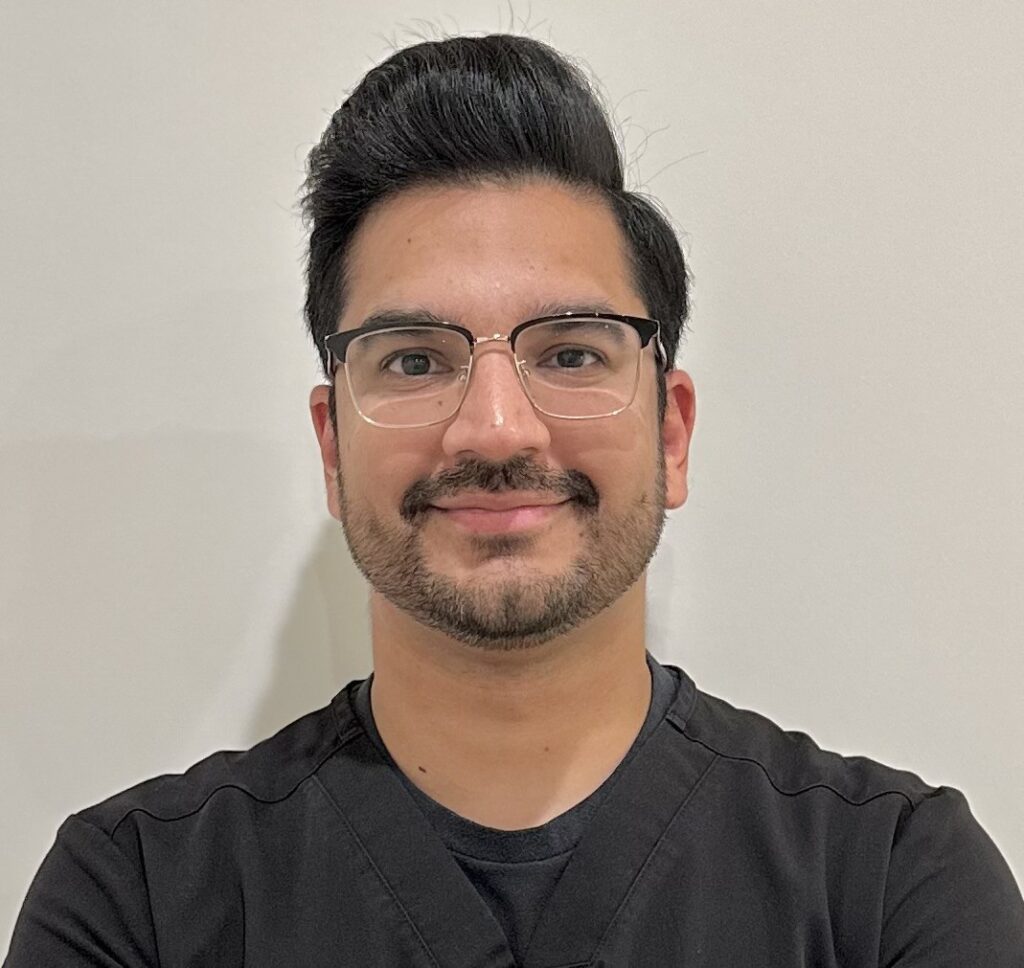At Dedicated Dental, we’re committed to providing the high-quality care you and your family deserve. As a full-service general and cosmetic dental office in Stafford, VA, we offer a comprehensive range of services, including smile makeovers, dental implants, routine cleanings, and restorative treatments, all in one convenient location.
We’re here to help patients of all ages achieve healthier, brighter smiles using the latest technology and a personalized approach. Whether you’re bringing in your child for their first checkup or looking to transform your smile, our goal is to make every visit comfortable, efficient, and stress-free.
Discover a better dental experience right here in Stafford. We look forward to helping you smile with confidence.


Patients choose Dedicated Dental not just for our comprehensive services, but because they feel genuinely cared for here. Our team is known for being warm, attentive, and committed to making every visit as comfortable as possible. With advanced technology, personalized treatment plans, and transparent communication, we’ve built strong relationships with families throughout Stafford. Whether you need a routine checkup, dental implants, or a complete smile transformation, you can rely on us for exceptional care in a supportive and welcoming environment.











Monday – Thursday
8:00 Am – 5:00 PM